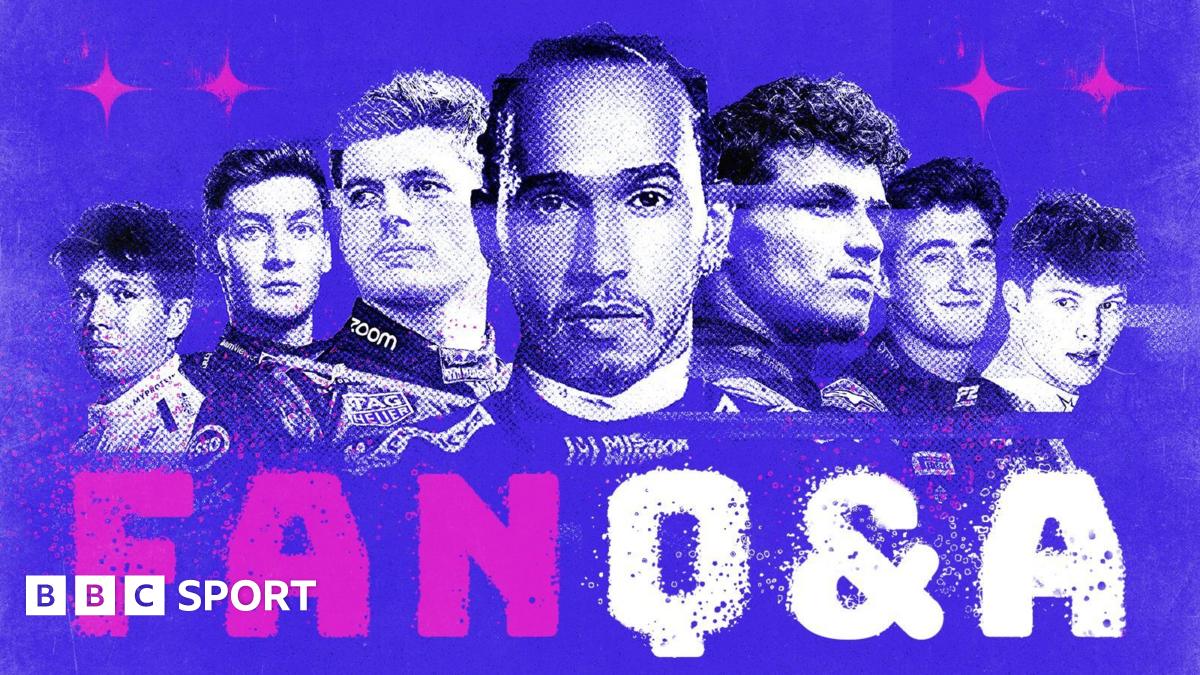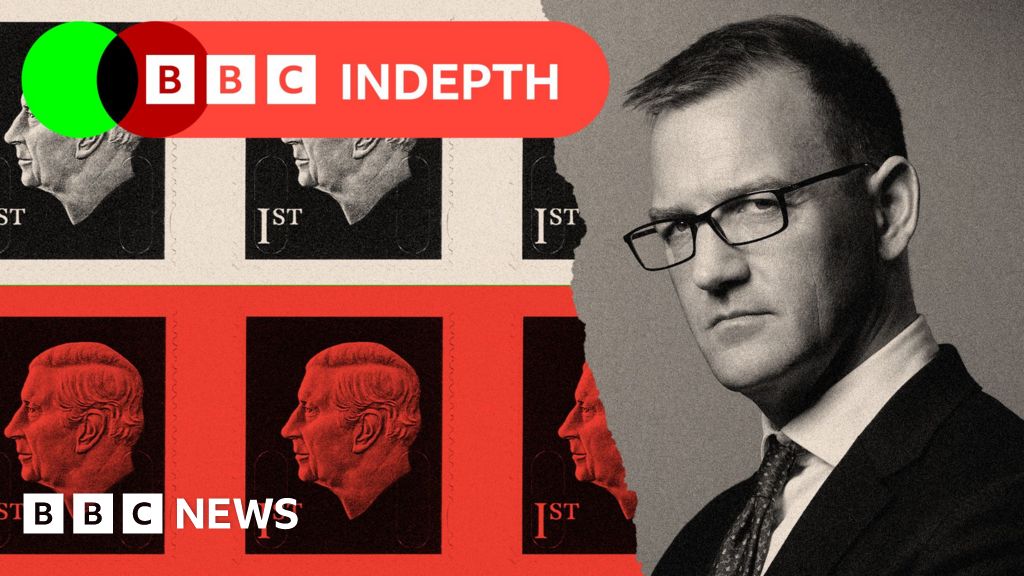How to know if your résumé needs an objective statement

A strong résumé can make all the difference. It demonstrates to hiring managers that you’re the best person for the job by summarizing your career highlights and accomplishments.
We know it’s important to customize your résumé for each job you apply to, and to ensure that you’re including quantitative accomplishments whenever possible, to show the impact you’ve had. But despite the amount of time we all spend writing and refining our résumés when job searching, there’s still a fair amount of debate about the ideal format.
One common question is whether or not to include an objective statement at the top of your résumé in order to provide a snapshot of the type of position you hope to acquire. Does it help you stand out to recruiters or does it look dated? We asked four career experts what they recommend:
When it makes sense to skip an objective statement
Objective statements can come off as generic and full of tired clichés, says Amanda Augustine, a résumé writer, career expert at résumé.io, and Fast Company contributor.
“Including a career objective on your résumé can actually hurt, more than help, your candidacy,” she says. The statement may date you: Hiring managers instantly recognize it as an old-school practice, she says. “At one time, it was common advice to put a career objective at the top of your résumé, but if you’re still following that advice, it’s time to update your approach,” says Augustine.
Even though an objective shares what you’re hoping your next career move will be, some job experts say adding the statement states the obvious and your employment history should speak for itself.
What to focus on instead
Highlight your qualifications instead, says Stacie Haller, chief career adviser at ResumeBuilder, as those are more relevant to companies looking for a strong candidate. “The focus has become more on what the candidate’s qualifications are rather than what [the candidate] wants,” Haller explains.
After all, you only have a few seconds to capture a recruiter or hiring manager’s attention, Haller notes, and the top of your résumé is prime real estate. “Use the top of your résumé to capture a recruiter’s attention,” says Haller. “This concise segment should highlight your most relevant skills and accomplishments that align with the job you’re applying for. It is not a place for stating career objectives; rather, it’s an opportunity to showcase why the candidate is the ideal fit for the role.”
Another tip is to tailor the top section for a specific position, so hiring managers will want to delve deeper into your résumé. Create a summary that’s impactful, succinct and directly related to the job you’re applying to.
For example, she says, if you were applying for an accounting job, yours might say: “Detail-oriented and results-driven accountant with a bachelor’s degree in accounting and CPA certification. Skilled in financial reporting, budgeting, and compliance, with proven success in managing audits and streamlining accounting processes to improve accuracy and efficiency. Adept at using QuickBooks, Excel, and ERP systems to analyze data and support sound financial decision-making. Committed to delivering value to organizations through accurate financial stewardship and strategic insights.”
Why keywords matter more than ever
Instead of including a tired objective statement packed with clichés, use the space on your résumé to include keyword-rich words to match a job description, says Jasmine Escalera, career expert at LiveCareer.
Tech-savvy job seekers know that companies are using AI in the recruitment process, and according to a MyPerfectResume report, 39% of HR professionals now use AI for résumé screening and analysis.
“Résumés have to be optimized to show how they match the role,” says Escalera. A vague objective about what you want won’t help you get through the AI screening, but she insists a “targeted professional summary with the skills, keywords, and achievements that match the job sure will.”
When an objective statement makes sense
If you’re a recent college graduate, adding a career objective is acceptable, says Haller with ResumeBuilder. “College grads are an exception to this as they do not typically have as much direct experience to highlight,” she says. But Haller thinks even entry-level applicants should still make sure to demonstrate when their skills align with the job description.
But when they do include an objective or statement, Haller emphasizes it should not just be “seeking an opportunity to learn and grow with an organization,” but more focused on what the job is and what they can offer.
Likewise, Jill Chapman, director of early talent programs at Insperity, agrees that including a career objective or mission statement on your résumé can be a smart move, especially for new graduates or those pivoting into a new industry. “This is especially valuable because many candidates, particularly recent graduates, may not check every traditional box on a job description,” Chapman explains. “Hiring managers are looking for people who are coachable, motivated, and aligned with their mission. A strong objective signals all of that, right from the start.”
She says this type of objective statement includes your intended career direction, a glimpse of what drives you, and how you can contribute. “Keep it under 50 words and use it to connect the dots between who you are and the opportunity in front of you,” she recommends.
What's Your Reaction?
 Like
0
Like
0
 Dislike
0
Dislike
0
 Love
0
Love
0
 Funny
0
Funny
0
 Angry
0
Angry
0
 Sad
0
Sad
0
 Wow
0
Wow
0

















































![[Music Video] Aurelia & Icarus Moth share spontaneous and cathartic track "ABRASIVE"](https://earmilk.com/wp-content/uploads/2025/04/Screenshot-2025-04-25-at-7.05.06%E2%80%AFPM.png)














































